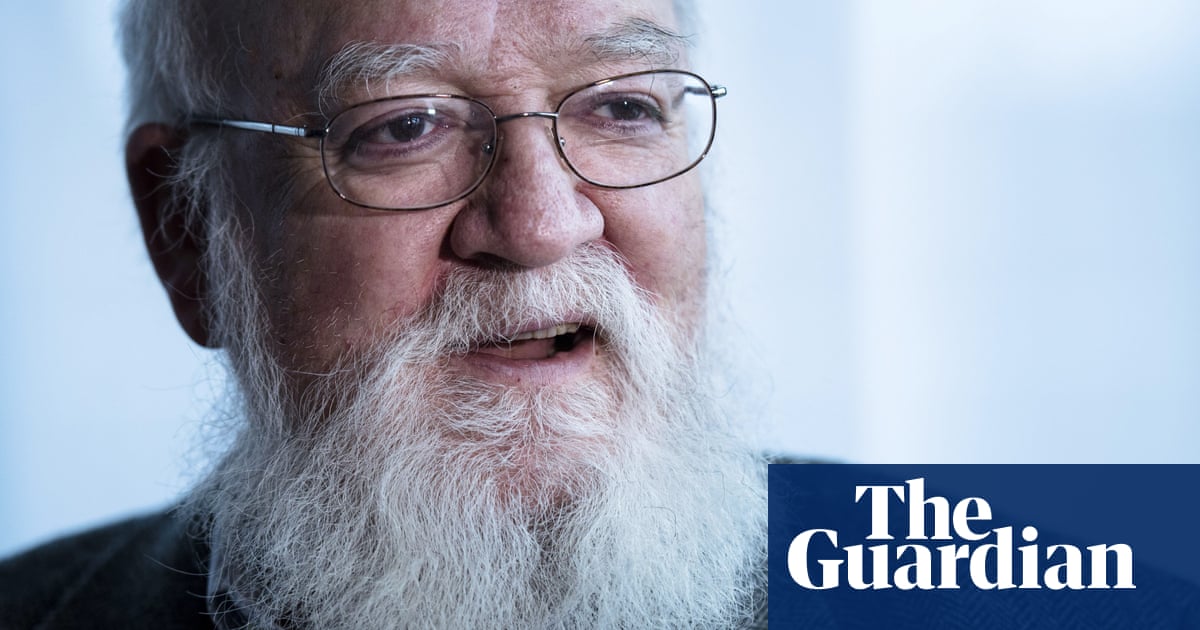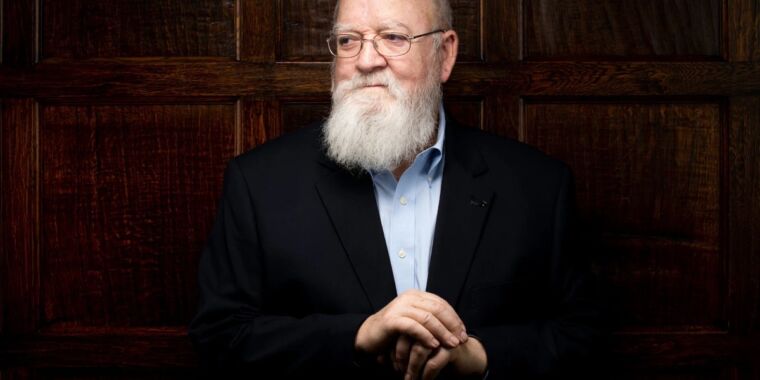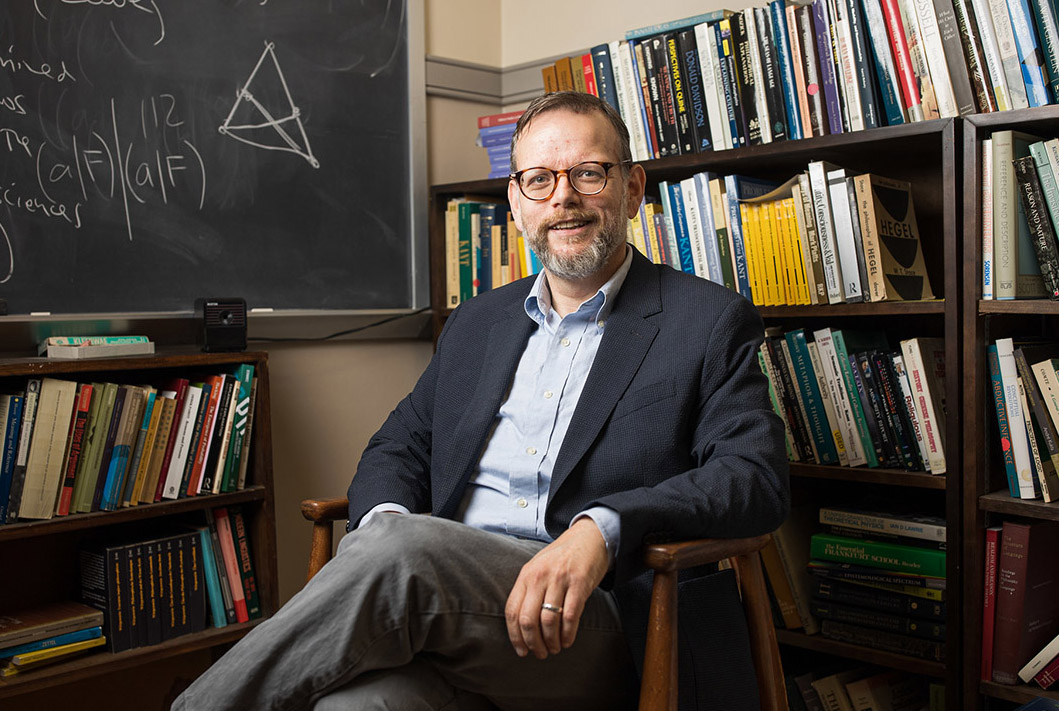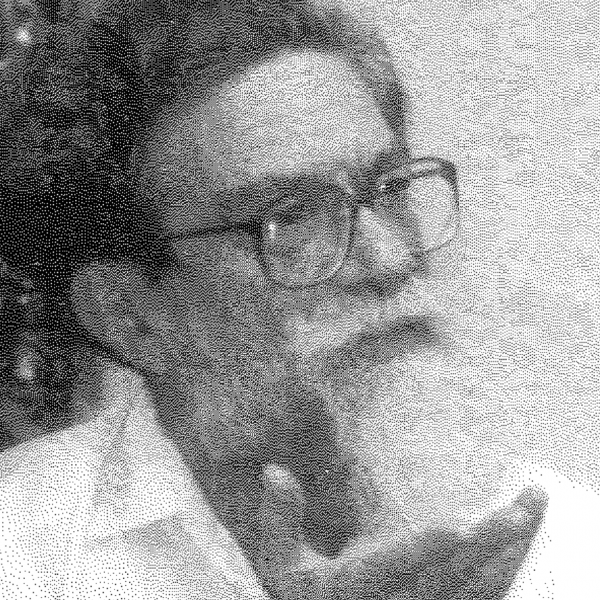




Prof. Howard Stein, a renowned philosopher and professor emeritus of philosophy at the University of Chicago, has passed away at the age of 94 [d9a5000c]. Stein was widely recognized for his contributions to the fields of philosophy of physics, the history of physics and mathematics, and the history of philosophy. He obtained his PhD from the University of Chicago in 1958 and later served as an assistant professor at the same institution before holding positions at various other universities. In 1980, Stein returned to the University of Chicago as a full professor, where he continued to make significant contributions to his areas of expertise. His research and teachings have left a lasting impact on the field of philosophy [d9a5000c]. Stein's death on March 8th marks the end of a remarkable career and the loss of a brilliant mind in the academic community.
Ross Anderson, a pioneer in security economics and professor of security engineering at Cambridge University and the University of Edinburgh, has also passed away [0ef30df4]. Anderson emphasized the social and economic responsibility of security and privacy operations. He was known for his unique perspectives on topics such as pseudonymization and was a pillar in cryptography research. Anderson authored several books and co-founded the Foundation for Information Policy Research. He served on the advisory council of the Electronic Privacy Information Center and received numerous awards for his contributions in security engineering. The security community is mourning the loss of Anderson and remembering him as a leader in the field.
Joseph H. Shieber, a professor of philosophy at Lafayette College, has also passed away at the age of 53 [d9c4a686]. Shieber was known for his work in epistemology, philosophy of language, and the history of philosophy. He joined Lafayette College in 2003 and previously taught at Connecticut College, MIT, and Brown University. Shieber earned his AM and PhD in philosophy from Brown University and his BA from Yale University. He authored the book 'Testimony: A Philosophical Introduction'. His death on April 7th has left a void in the philosophy community, and he will be remembered for his contributions to the field [d9c4a686].
Daniel Dennett, a controversial philosopher, has died at the age of 82 [82ad9f6b]. Dennett was known for his writing on consciousness, artificial intelligence, cognitive science, and evolutionary psychology. He played a significant role in shifting Anglo-American philosophy towards a coalition with science. Dennett was one of the Four Horsemen of New Atheism, along with Richard Dawkins. He proposed a novel strategy of 'first content, then consciousness' to understand how consciousness is possible by understanding how unconscious content is possible first. Dennett believed that intentionality and qualia can be explained as brain states and behavior. He published numerous books and papers on the subject and was a professor of philosophy at Tufts University. Dennett's naturalistic account of consciousness, purged of first-person agency and qualitative experience, gained popularity outside academia but faced opposition within it. He also applied a Darwinian approach to free will and urged religious people to break the spell of religion. Dennett is survived by his wife, Susan, a daughter, a son, and six grandchildren [82ad9f6b].
The passing of Howard Stein, Ross Anderson, Joseph Shieber, and Daniel Dennett has left a significant void in their respective fields. Their contributions and legacies will continue to inspire and shape the academic, security, and philosophy communities for years to come.